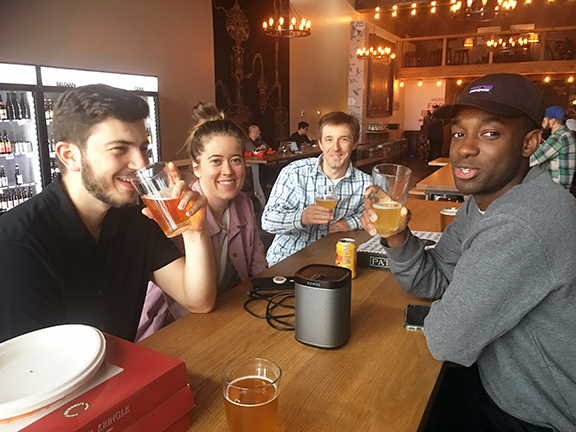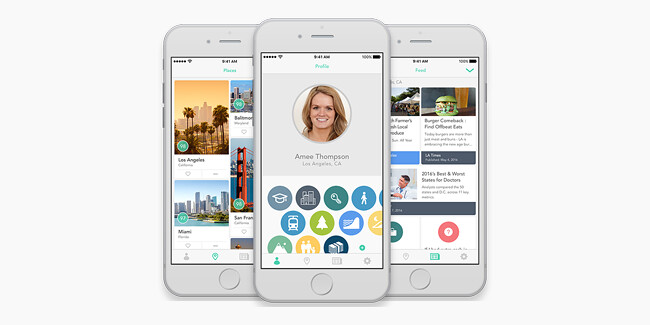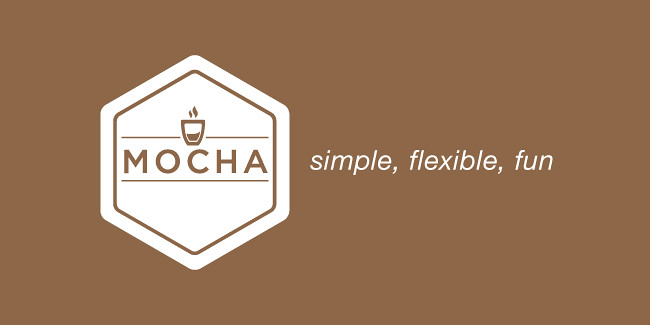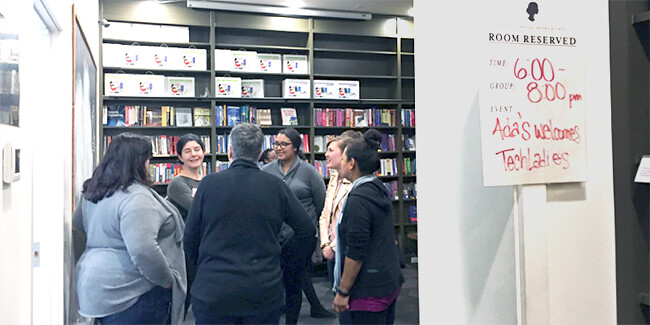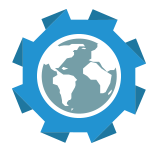It’s that time of the year for us at Spatial Dev: gearing up towards the annual Ballard Seafood Fest! We are proud of the communities we live in and love helping local organizations leverage geospatial technologies. Every year we collaborate with Ballard Alliance to create the Seafood Fest’s interactive mapping experience (see also “Ballard Seafood Fest Interactive Map” blog post from last year).
Though it’s not a huge map project, it is dear to our hearts and it is a great platform for our team to play around with new technologies, improved UI and enhanced mapping capabilities.
What better way to get our team back on this project than a Seafood Fest Hackathon Day! And that’s exactly what we did last Friday. Here’s how it went down:
We started our hackathon at 9 a.m. with a mandatory consumption of coffeee and Danish Kringles to get our energy going.
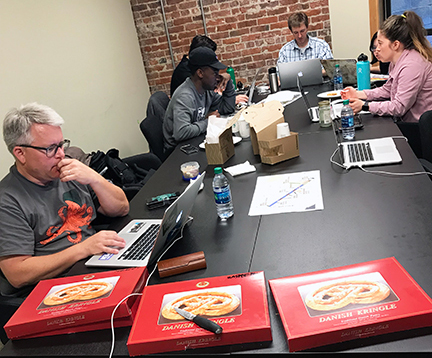
We then took some time to review last year’s app & architecture, design and google analytics stats.
Once Todd brought in the Sonos and Daniel adjusted the background music, we were ready to split into the following 3 teams and get going:
Kelvin (analysts) - The data team (Stephen, Monica, and Chris) was responsible for refreshing last years data by digitizing paper maps into GeoJSON. They exported google analytics csv data containing various information on where people were and what they were clicking on; and for extra credit, created various maps that provided useful insights on the festival “hot-spots.”
Celsius (software devs) -The developers (Savannah and Daniel) took on the challenge of rebuilding the responsive web app with React, Redux, and Material-UI. React is a lightweight ui library for building fast, scalable components on the web. Teamed up with Redux, a persistent state containment library, React can be used to build very powerful, data-intense web applications.
This was a great opportunity to get our hands dirty with the React/Redux paradigm that has caught steam the last couple years.
Fahrenheit (design) -The design team (Naomi and Devin) spent time reviewing last year’s google analytics stats and taking that information to help enhance the UI. The team also spent time updating the overall design of the app to align with this year’s look and feel of the festival.
In just one day, team Celsius successfully built a state-managed web application skeleton with an interactive map (Mapbox-GL), and a couple side panels for navigation. Team Kelvin was able digitize most of the 100+ booths and activities, and pull together data in KeplerGL for “hot spot” analysis.
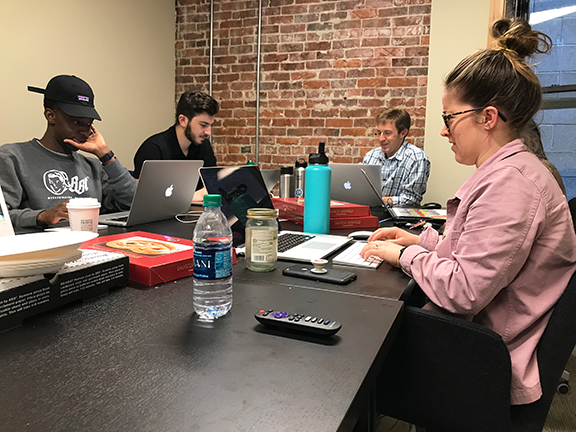
Thank you Ballard Alliance for hosting us and for providing us with our delicious breakfast and lunch.
Be sure to mark your calendars: July 13-15 for this year’s Ballard Seafood Fest! We hope everybody will find the interactive map helpful in finding the delicious foods and fun activities that you are looking for at the festival.
